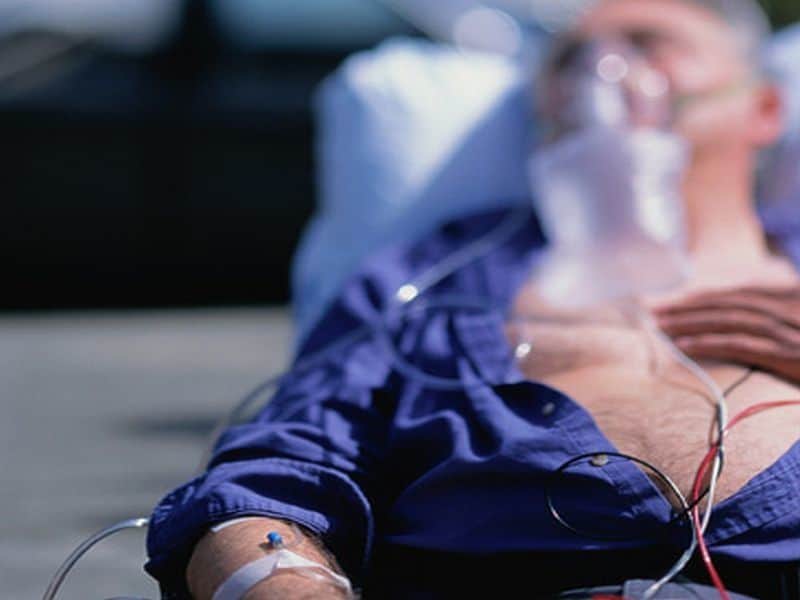THURSDAY, April 29, 2021 (HealthDay News) — Neighborhood socioeconomic status (nSES) is associated with multiple 90-day poststroke outcomes, according to a study published online April 28 in Neurology.
Eric L. Stulberg, M.D., from the University of Utah School of Medicine in Salt Lake City, and colleagues examined correlations between nSES and 90-day poststroke outcomes in the Brain Attack Surveillance in Corpus Christi Project, population-based surveillance study. Stroke patients were identified between 2010 and 2016 via active and passive surveillance. Ninety-day outcomes were ascertained via interview and included functional status, biopsychosocial health, and depressive symptoms.
The analytic sample comprised 776 survivors. The researchers found that among those with moderate-to-severe strokes, higher compared with lower nSES (mean difference comparing 75th versus 25th percentile of nSES) was associated with better function (−0.27), better biopsychosocial health (0.26), and fewer depressive symptoms (−1.77). Higher nSES was associated with better function among those with minor strokes (−0.13).
“Future research is needed to identify which factors of nSES are driving the observed associations between neighborhood environments and stroke outcomes and the role of nSES in poststroke disparities,” the authors write. “Clinical and policy initiatives aimed at improving stroke survivors’ health and quality of life, such as improved poststroke care coordination, should include and address those who have the dual burden of experiencing a more severe stroke and living in a socioeconomically deprived neighborhood.”
Abstract/Full Text (subscription or payment may be required)
Copyright © 2021 HealthDay. All rights reserved.


